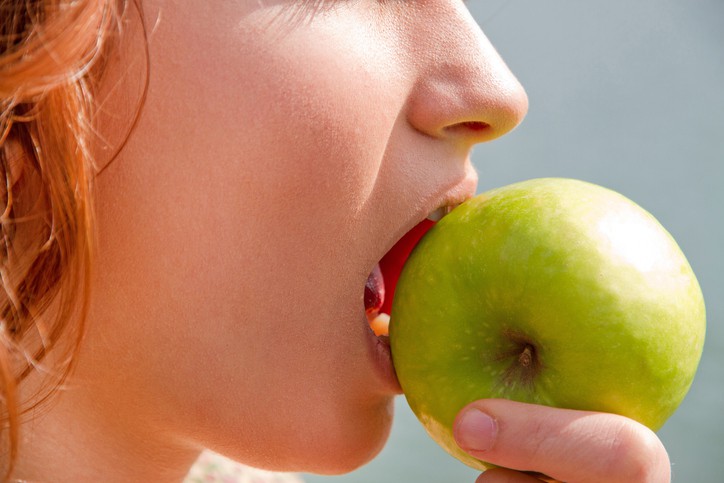The Effects of Citric Acid on Your Teeth
- 10
- July
- 2018
- By admin2014
- Dental News, Uncategorized
- Comments Off on The Effects of Citric Acid on Your Teeth
 Oranges and Pineapple, both fruits are high in Vitamin C, as well as citric acid. Although Vitamin C is vital to the absorption of other nutrients into the body, the citric acid in the fruits are caustic, causing the erosion of the enamel from your teeth. But simply putting lemon in your water is not going to cause the enamel to rot from your teeth. It takes considerably more than that to wear down the protective surfaces of your teeth.
Oranges and Pineapple, both fruits are high in Vitamin C, as well as citric acid. Although Vitamin C is vital to the absorption of other nutrients into the body, the citric acid in the fruits are caustic, causing the erosion of the enamel from your teeth. But simply putting lemon in your water is not going to cause the enamel to rot from your teeth. It takes considerably more than that to wear down the protective surfaces of your teeth.
According to several studies done about the corrosiveness of certain acids, many factors play a part in the wearing of enamel from the teeth. The ph balance in your mouth, for instance, either intensifies or neutralizes the introduction of citric acid. The acid by itself does not cause damage to the tooth; it is the abrasiveness of food particles or the addition of other substances that cause the enamel to become worn. Putting a lemon in your water, or even rubbing the rind upon your teeth, will not cause the enamel to wear from your teeth. It is the addition of the lemon particles, the ph balance in your mouth, the additional food that you may have eaten that day, as well as how bad your heartburn is (the addition of stomach acids).
Many people believe that oranges and lemons are the most acidic and therefore the most damaging to tooth enamel. The citric acid in fruit is mild compared to the citric acid used as a preservative in soda. According to a study done on common soft drinks, certain drinks were significantly more corrosive than others. Apple juice topped the list for acidity and corrosiveness. In addition to the acidity of the juice, other factors were also considered, such as stomach acidity and the possibility of age.
So what do these studies tell us about citric acid and its effect on our teeth? Used as a common preservative, citric acid has very little effect on the corrosion of your teeth. But used over time, whether you drink fruit juices or soft drinks, consuming high acidic foods over periods of long years may have adverse effects of the strength on the enamel on your teeth. According to the American Dental Association, there are a number of things that you can do to slow erosion over time. The biggest preventative measure to take is to brush, rinse, and floss twice daily. Rinsing with both a mouthwash in addition to water will help kill the bacteria in the mouth as well as restore the ph balance to a more neutral starting place.
Search:
Categories
Archives
- September 2019
- August 2019
- July 2019
- June 2019
- May 2019
- April 2019
- March 2019
- February 2019
- January 2019
- October 2018
- September 2018
- August 2018
- July 2018
- February 2017
- November 2016
- April 2016
- September 2015
- August 2015
- June 2015
- May 2015
- April 2015
- March 2015
- January 2015
- December 2014
- November 2014
- February 2014
- January 2014
- October 2013






